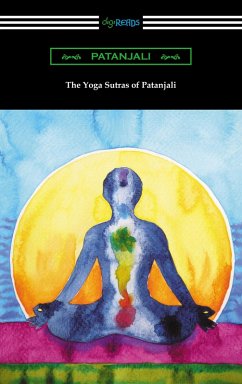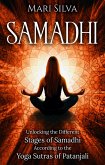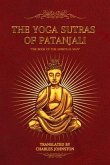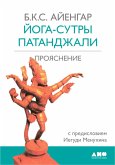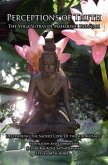Yoga is an exercise and meditation philosophy that has been taking the United States by storm over the past several decades. Yet many are unaware that there is an entire, ancient religion that prefaces this phenomenon. Yoga is one of six orthodox schools of Hindu philosophy, and the "Yoga Sutras of Patanjali" contains 196 aphorisms that form the basis of Raja Yoga. Patanjali uses his text to explain different facets of the philosophy, leading people to achieve Kaivalya, the ultimate goal of detachment. The sutras begin with the most basic concentration, and then progresses to discipline, manifestation, and finally, emancipation of the transcendental ego. Patanjali also explains how one can find the path to Kaivayla with the eight limbs of Yoga; non-violent thoughts, cleanliness, healthy living, meditation, and others are explained as essential actions to achieving self-liberation. Patanjali lived sometime between the 1st century BCE and the 5th century BCE. While all critics agree that Patanjali is the great compiler of the Yoga Sutras, many deliberate about whether or not he created the meditational philosophy. Some even speculate that Patanjali borrowed some of his sutras from other authors. Regardless, the "Yoga Sutras of Patanjali" is now considered to be one of the most important textual sources for the practice of yoga. This edition is translated with a preface by William Q. Judge.
Dieser Download kann aus rechtlichen Gründen nur mit Rechnungsadresse in A, D ausgeliefert werden.

